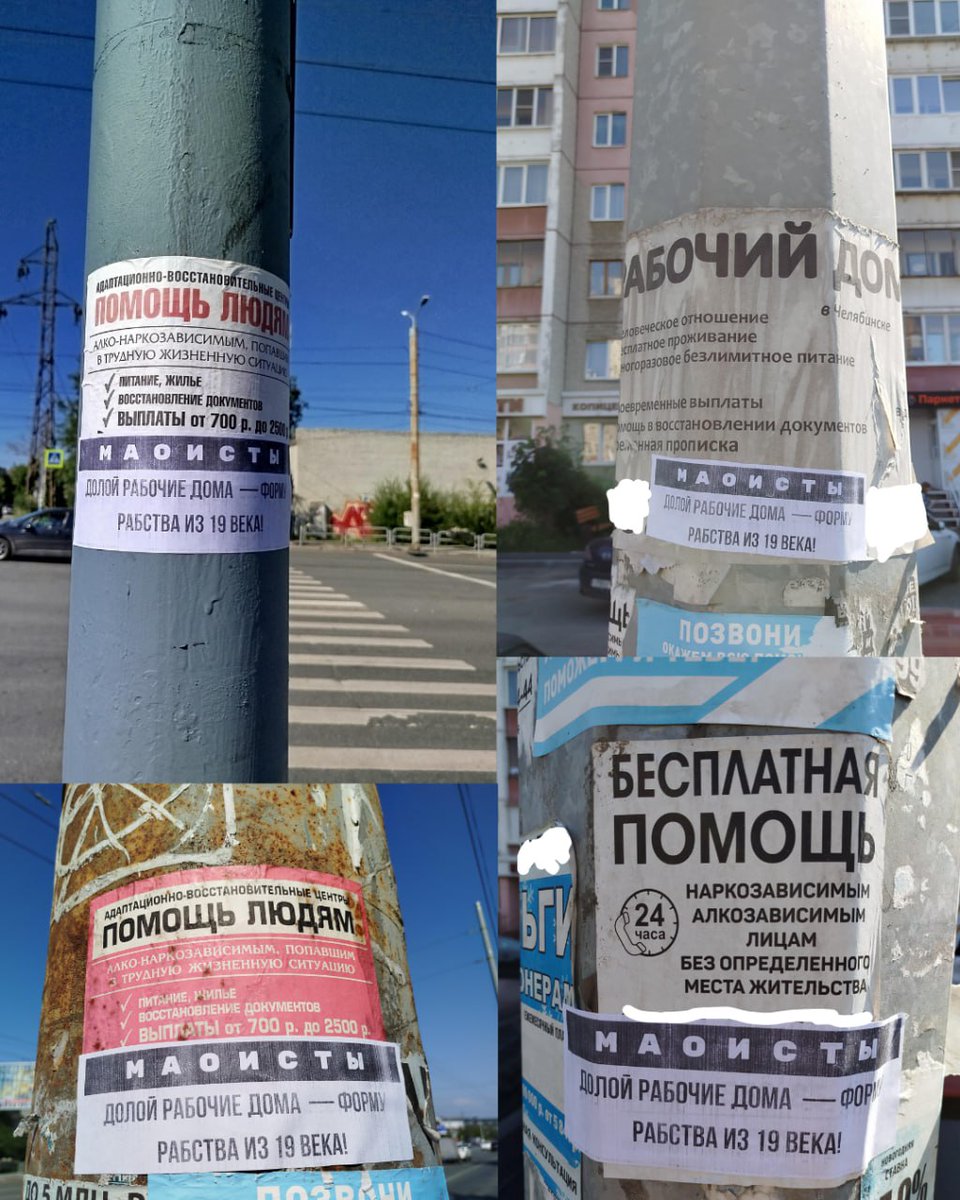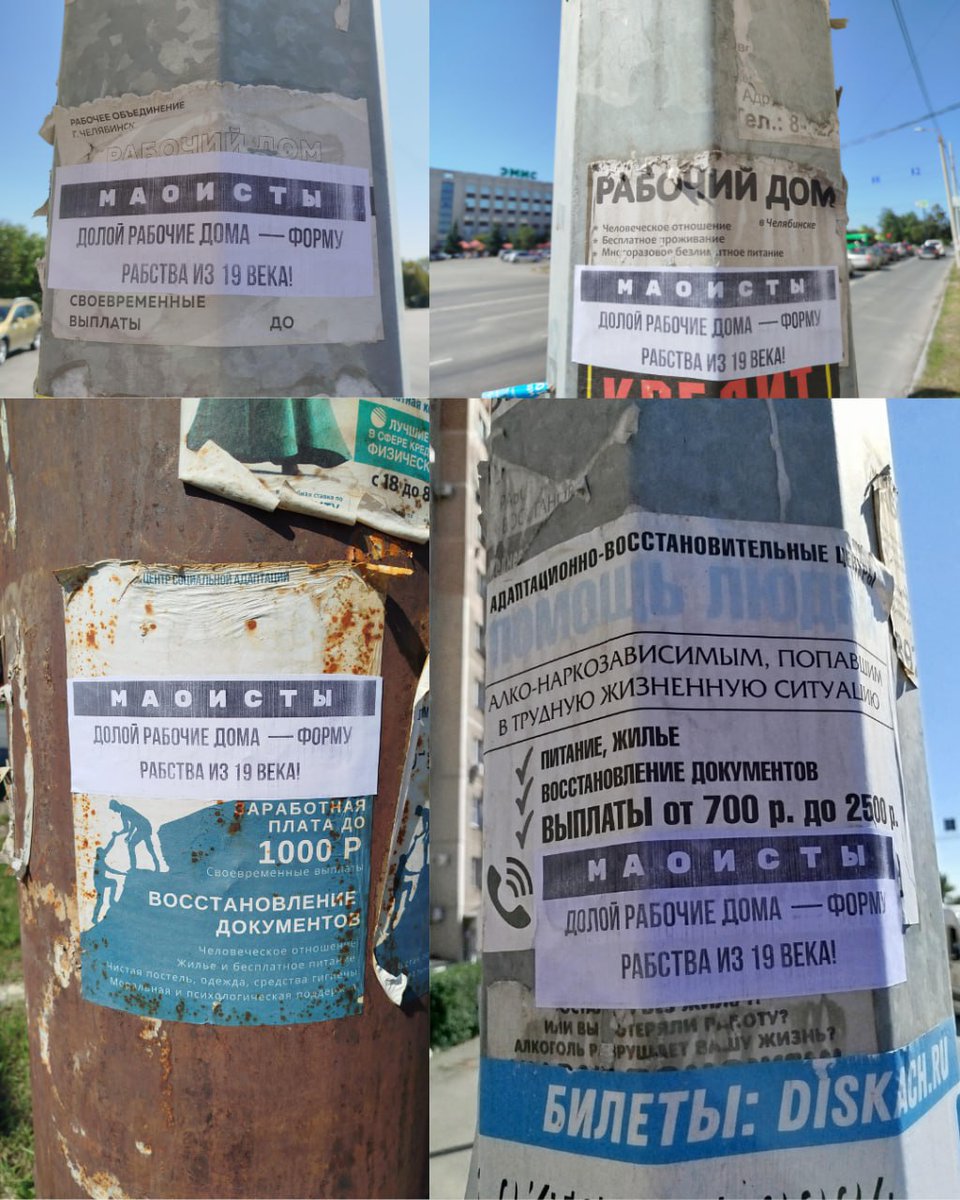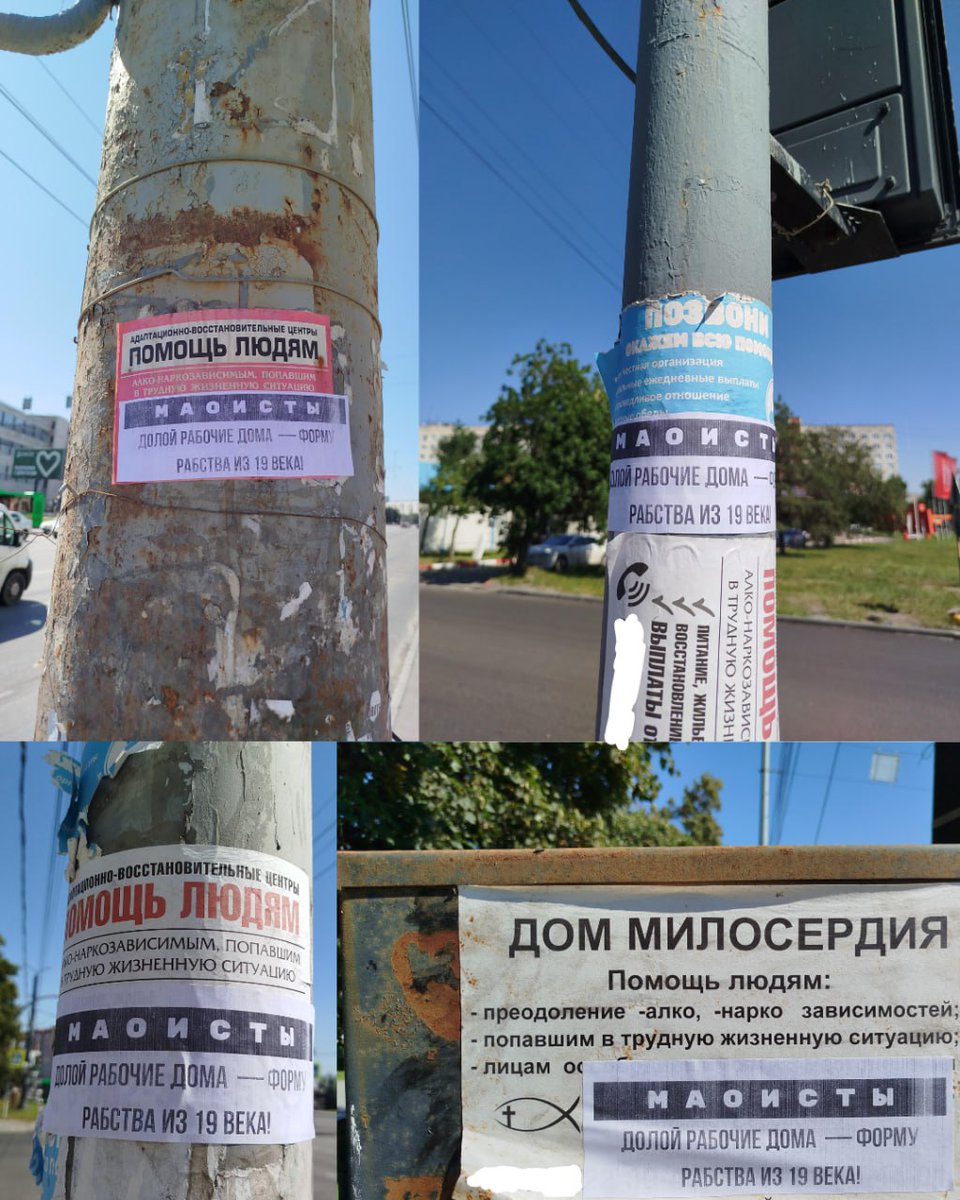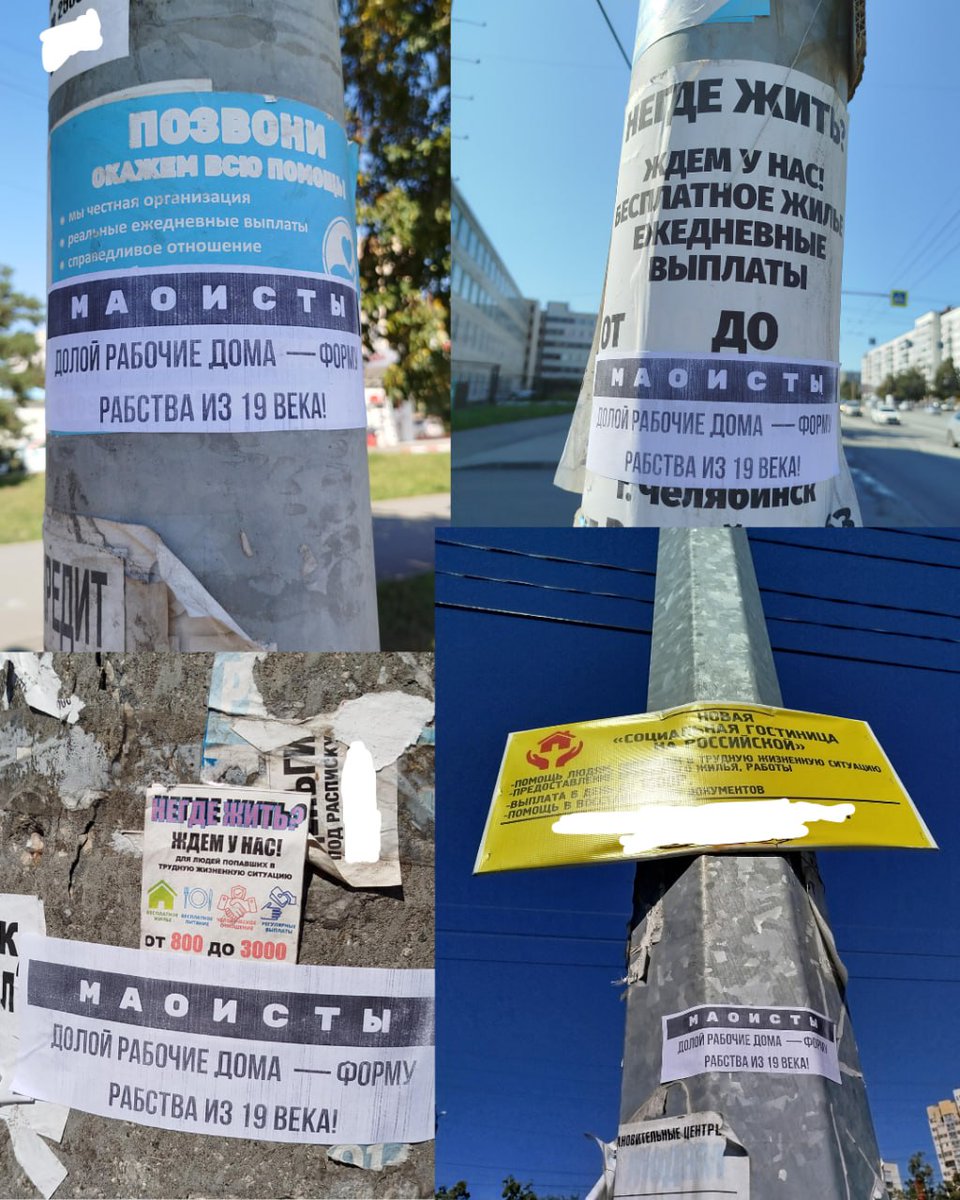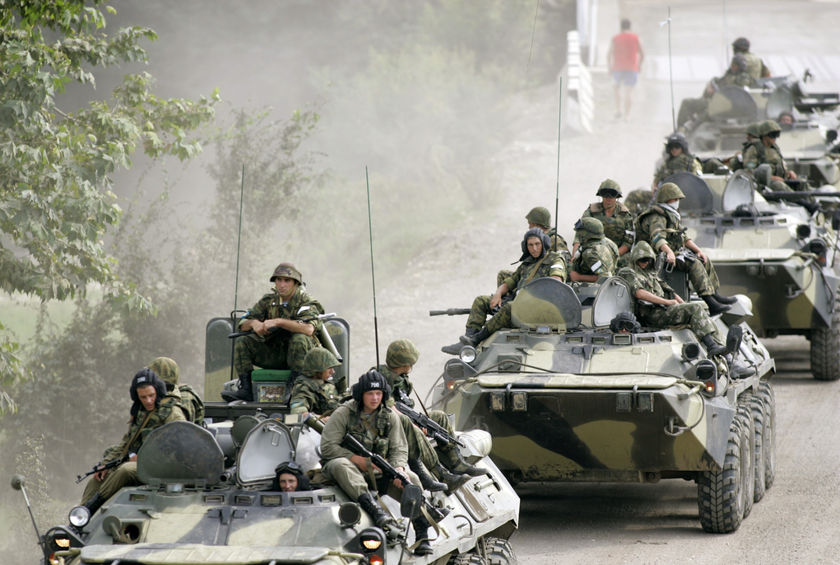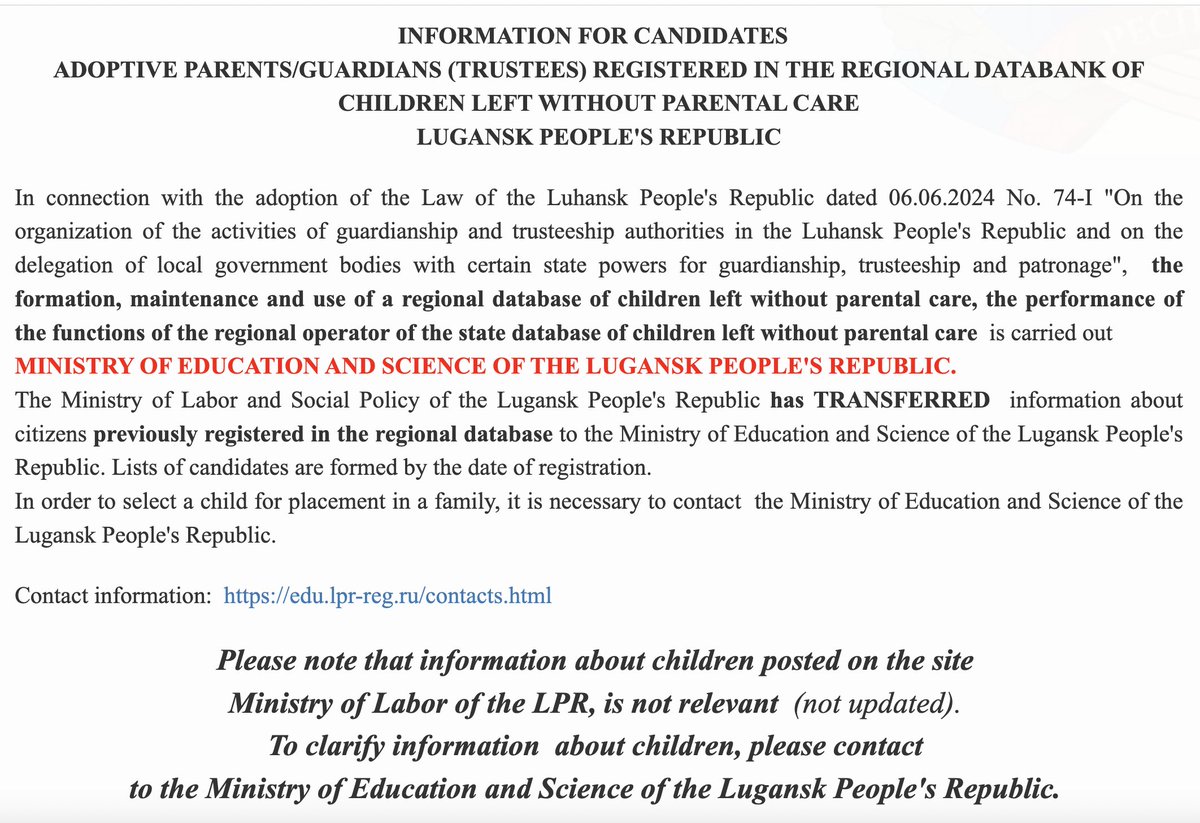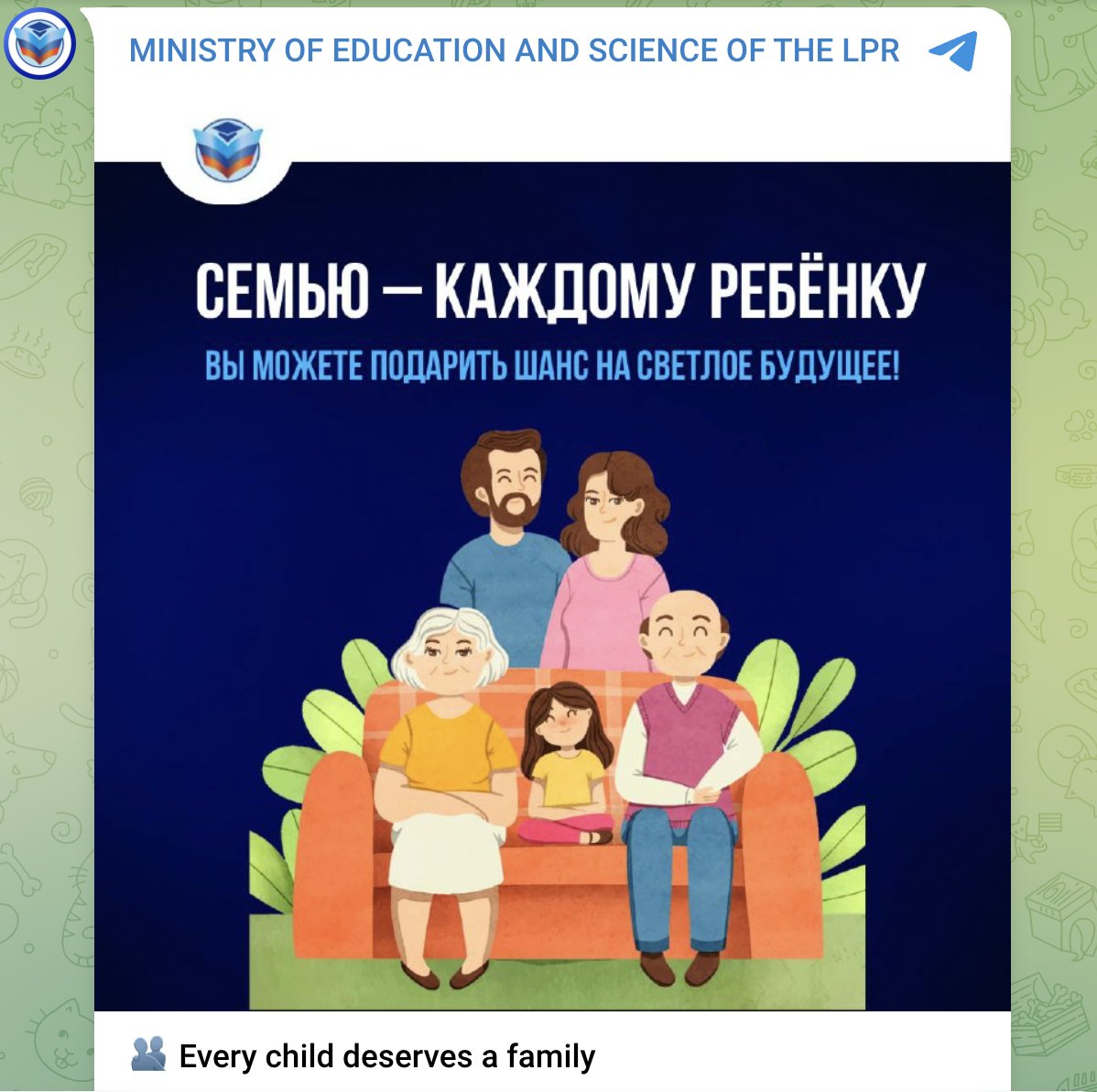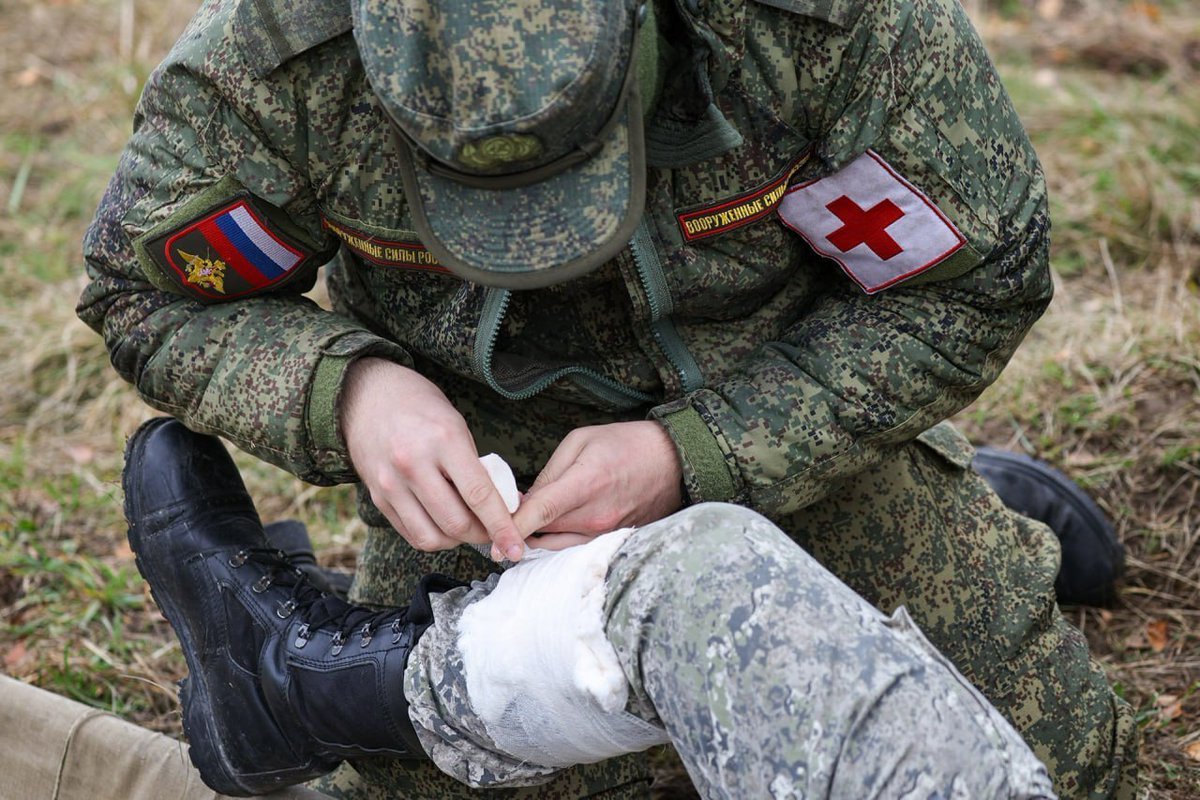1/ Chechen leader Ramzan Kadyrov and his family have been given nearly 150 medals and awards since the start of the full-scale invasion of Ukraine – one for him every 40 days – including an Order of Merit for Dentistry and a medal for excellence as an ambulance worker. ⬇️ 
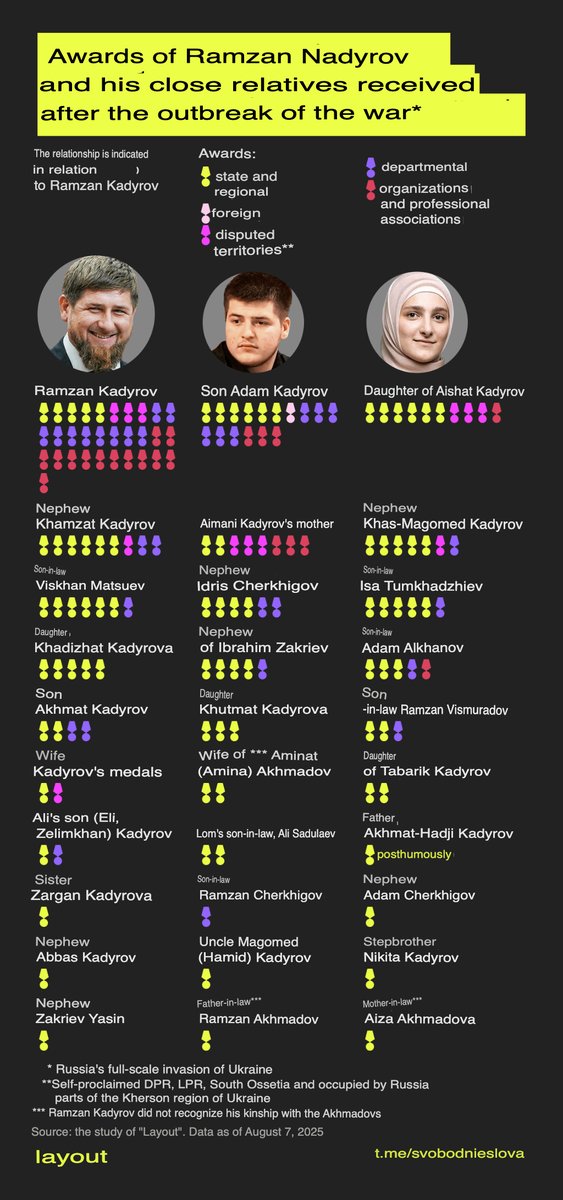
2/ An investigation by the independent Russian news website Verstka has revealed the scale of the Kadyrovs' medal acquisition, which represents a combination of self-bestowed awards and those from the Russian state and other institutions.
3/ 82 of the awards are internal Chechen ones, such as awards recognising the centenary of the Chechen Republic and medals such as "For Services to the Chechen Republic" and the title of "Hero of the Chechen Republic".
4/ 30 more medals have been awarded principally by Russian law enforcement organisations, such as the Russian National Guard, the Ministry of Internal Affairs and the Federal Penitentiary Service.
5/ State-controlled agencies and organisations also have given awards, such as the Order of Merit for Dentistry from the Russian Dental Association, and medals for services to improving the safety of nuclear power plants from Rosatom. (There are no nuclear plants in Chechnya).
6/ The administrations of the Donetsk and Luhansk 'People's Republics' in occupied Ukraine have given 11 awards to the Kadyrovs, along with one from South Ossetia and another from the government of Libya (the "Honorary Guest of Libya" medal).
7/ Other medals presented to Ramzan Kadyrov include awards for "high achievements in the field of architecture", being an "honorary worker of the agro-industrial complex" and being an "excellent ambulance worker."
8/ Kadyrov has received the bulk of the medals, 31 in total. His 17-year-old son and heir Adam has received the second largest number within the clan, with 16. Kadyrov's daughter Aishat has received 10, including the "People's Artist of the Chechen Republic" award. /end
Source:
verstka.media/ramzan-kadyrov…
verstka.media/ramzan-kadyrov…
• • •
Missing some Tweet in this thread? You can try to
force a refresh


